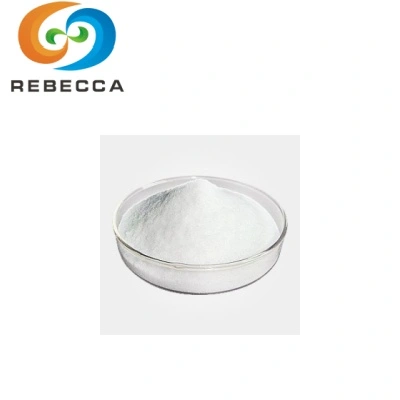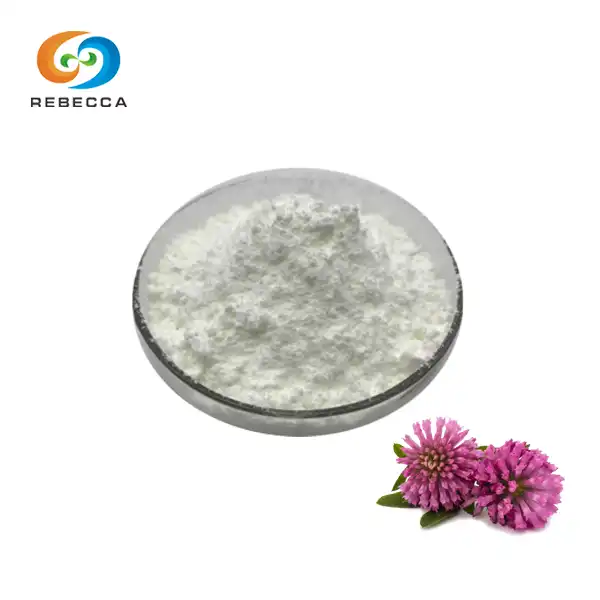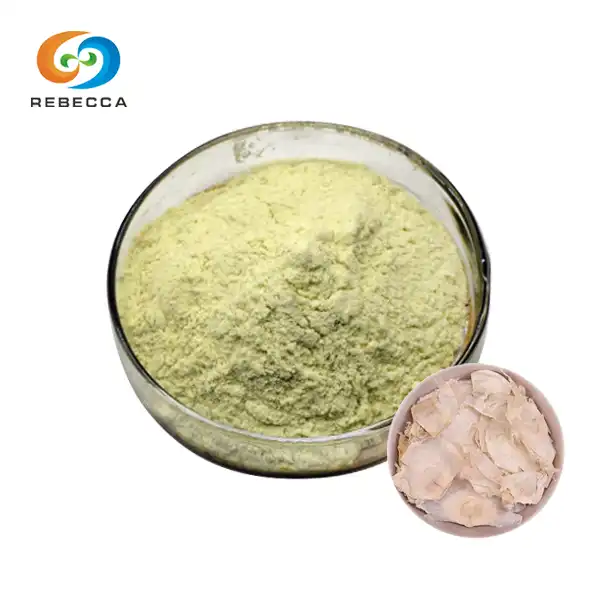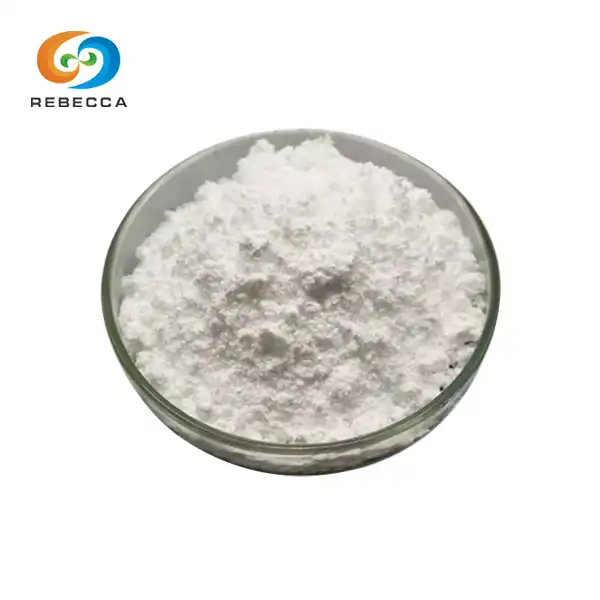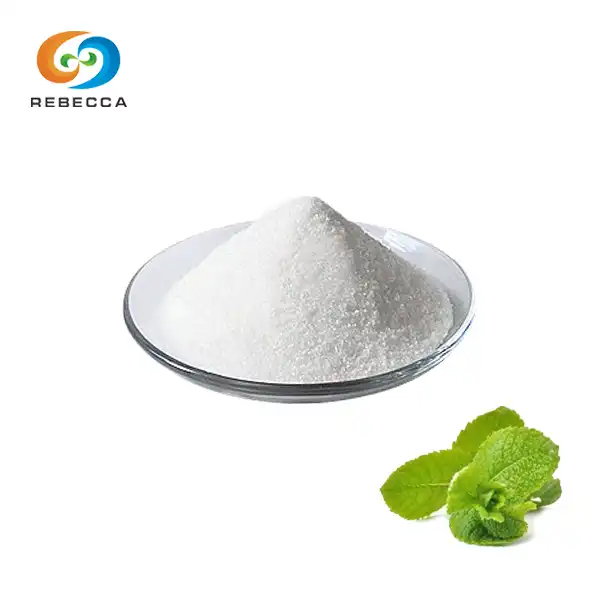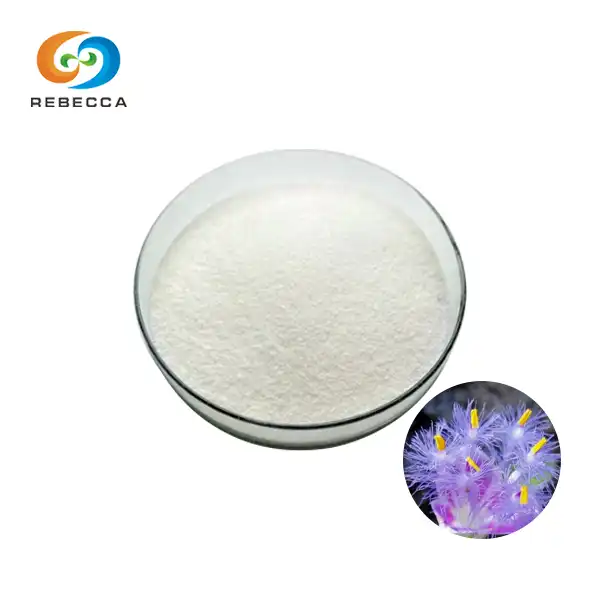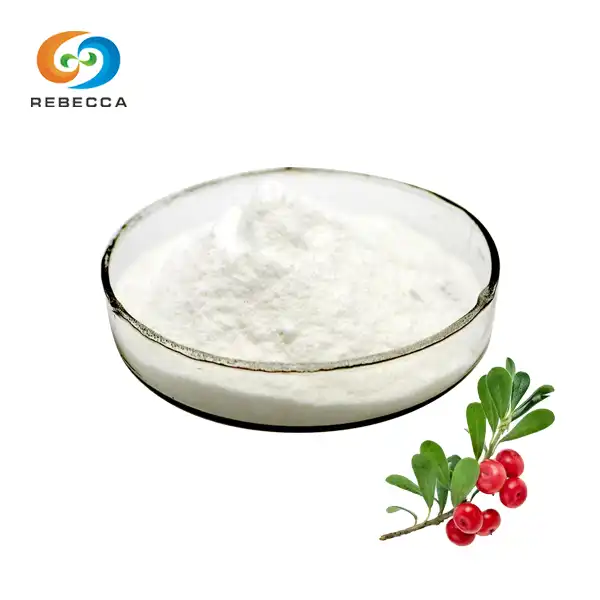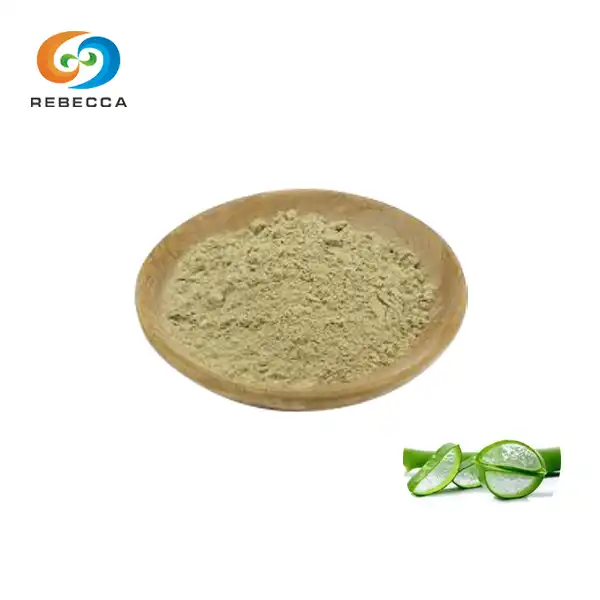What is peanut shell extract used for?
In our quest for sustainable and natural solutions to health and wellness challenges, researchers continue to explore previously overlooked resources. Among these emerging natural ingredients, peanut shell extract has gained significant attention in recent years. Often discarded as agricultural waste, peanut shells are now recognized as valuable sources of bioactive compounds with numerous potential applications across multiple industries.
Peanut shells, the outer protective covering of the popular legume Arachis hypogaea, have traditionally been considered waste material after the edible kernels are harvested. However, this perception has undergone a dramatic shift as scientific investigation has revealed the shells' rich composition of beneficial compounds. The extract derived from these shells contains significant amounts of luteolin, a flavonoid with potent antioxidant and anti-inflammatory properties, alongside other bioactive substances including polyphenols, dietary fiber, and various phytochemicals.
As research into this promising ingredient continues to expand, so too does our understanding of its diverse applications. From nutritional supplements to functional foods and pharmaceutical innovations, its extract is demonstrating versatility across multiple sectors.
Health and Wellness Supplements
The supplement industry has embraced peanut shell extract as a valuable addition to their product formulations, primarily due to its rich content of bioactive compounds. The most notable of these is luteolin, a flavonoid with proven health benefits, which has become the cornerstone of peanut shell extract's appeal in the wellness sector.
Antioxidant support represents one of the primary applications of peanut shell extract in supplements. The luteolin present in these extracts demonstrates significant free radical scavenging activity, potentially helping to combat oxidative stress and its associated health challenges. Research suggests that regular consumption of antioxidant-rich supplements may support cellular health and provide protection against various chronic conditions linked to oxidative damage. For individuals seeking natural defenses against environmental stressors and age-related cellular changes, it offers a plant-based option worth considering.
The anti-inflammatory properties have also attracted considerable attention. Chronic inflammation underlies numerous health concerns, from joint discomfort to cardiovascular issues. Studies indicate that luteolin can modulate inflammatory pathways, potentially offering relief from inflammation-related conditions. Supplement formulations leveraging these properties often target consumers dealing with inflammatory challenges or those seeking preventative measures against inflammation-associated health problems.
For those interested in immune support, peanut shell extract supplements offer potential benefits through multiple mechanisms. The immunomodulatory effects of luteolin may help regulate immune response, while its antioxidant properties support the body's natural defense systems. As consumers increasingly seek natural immune support options, it has emerged as a promising ingredient in this category.
The delivery formats for peanut shell extract supplements vary widely, catering to different consumer preferences. Traditional capsules and tablets remain popular, offering convenient, precisely dosed options. Powdered formulations provide flexibility for those who prefer to incorporate the extract into smoothies or other foods. Liquid extracts and tinctures appeal to consumers seeking potentially faster absorption or those who have difficulty swallowing pills.

Functional Food and Beverages
The integration of peanut shell extract into functional foods and beverages represents an innovative approach to delivering its health benefits through everyday consumption. This application area has experienced significant growth as food manufacturers seek novel ingredients that not only enhance nutritional profiles but also align with sustainability initiatives.
Fortified beverages have emerged as one of the most promising vehicles for peanut shell extract. Functional drinks, including smoothies, plant-based milks, and wellness shots, increasingly feature this extract as a natural source of antioxidants. The relatively neutral flavor profile of properly processed peanut shell extract allows for versatile incorporation without significantly altering taste characteristics. Beverage formulators appreciate the extract's water-solubility and stability under various processing conditions, making it compatible with both hot and cold applications.
Bakery products represent another significant category. The addition of the extract to breads, cookies, and nutritional bars introduces both functional benefits and an appealing narrative of sustainability. The fiber content naturally present in peanut shell derivatives can contribut
e to improved texture in certain baked goods while simultaneously enhancing their nutritional value. Manufacturers have found that consumers respond positively to the "reduced waste" storytelling associated with these products, creating marketing advantages beyond the direct functional benefits.
The snack food sector has also begun exploring its applications, particularly in products positioned as "better-for-you" options. Trail mixes, granola clusters, and vegetable-based snacks enhanced with the extract appeal to health-conscious consumers seeking functional benefits from their between-meal choices. The complementary flavor profile works particularly well in products that already contain nuts or seeds, creating a natural pairing that consumers find intuitive.
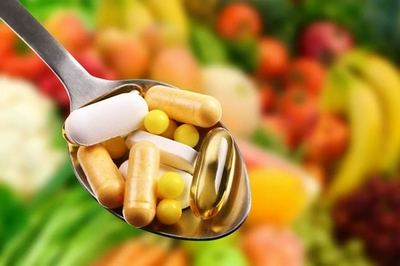
Pharmaceutical and Medicinal Research
The pharmaceutical sector has demonstrated growing interest in peanut shell extract as research uncovers its potential therapeutic applications. The transition from traditional waste material to valuable pharmaceutical resource exemplifies how scientific investigation can reveal hidden potential in commonly overlooked substances.
Anti-inflammatory pharmaceutical applications represent one of the most promising research directions for peanut shell extract. The luteolin content has attracted particular attention from researchers investigating novel approaches to inflammatory conditions. Laboratory studies have demonstrated luteolin's ability to inhibit pro-inflammatory signaling pathways, potentially offering mechanisms to address chronic inflammatory disorders. While clinical applications remain in developmental stages, these findings suggest potential for its derivatives in future anti-inflammatory medications.
Cardiovascular pharmaceutical applications represent another significant research focus. Compounds from peanut shell extract have demonstrated effects on lipid metabolism, platelet aggregation, and vascular function in preliminary studies. These properties align with pharmaceutical research seeking natural compounds that might influence cardiovascular health through multiple complementary mechanisms. The multifaceted approach could potentially address several aspects of cardiovascular health simultaneously.

Rebecca: Peanut Shell Extract Supplier
This extract has emerged from agricultural obscurity to become a valuable ingredient with diverse applications across health supplements, functional foods, and pharmaceutical research. This transformation represents not only a scientific achievement but also a sustainability success story, creating value from a material once considered mere waste. Its bioactive compounds, particularly luteolin, demonstrate remarkable potential to address various health challenges through their antioxidant, anti-inflammatory, and metabolic effects.
At Rebecca Bio-Tech, we are your trusted partner for premium peanut shell extract. Our product with active ingredients of Luteolin (98% - 99% by HPLC), derived from the shell and presented as yellow crystalline powder (passing 80 Mesh), tested by HPLC, is designed to meet the highest quality standards. If you are a manufacturer in the health, food, or pharmaceutical industries seeking top-notch raw materials, don't miss this opportunity. contact us now to explore how our products can enhance your products and give you a competitive edge in the market.
For more information or to place an order, please reach out to us at information@sxrebecca.com. Our team of experts is ready to support your specific needs with customized solutions and technical guidance to help you maximize the potential of this remarkable ingredient in your applications.
References
Ahmad, M., & Bhat, Z. F. (2022). "Peanut by-products as functional ingredients: Extraction techniques, bioactive components, and potential applications." Comprehensive Reviews in Food Science and Food Safety, 21(3), 2789-2813.
Cheng, Y., Xu, Q., Liu, J., Zhao, C., Xue, F., & Zhao, Y. (2021). "Luteolin from plant sources and its potential applications in food and pharmaceutical industries." Food Chemistry, 365, 130560.
Duan, J., Xiong, H., Liu, Y., Wang, Y., & Ding, C. K. (2020). "Anti-inflammatory properties of luteolin extracted from peanut shells and its potential applications in functional food development." Journal of Functional Foods, 73, 104118.
Gómez-Caravaca, A. M., Verardo, V., & Caboni, M. F. (2022). "Recovery of bioactive compounds from agricultural by-products: Current trends and future perspectives." Foods, 11(2), 265.
Lin, J., Wu, Y., Yang, D., & Zhao, Y. (2021). "Antioxidant and anti-inflammatory activities of flavonoids from peanut shells and their potential health benefits." Antioxidants, 10(9), 1456.
